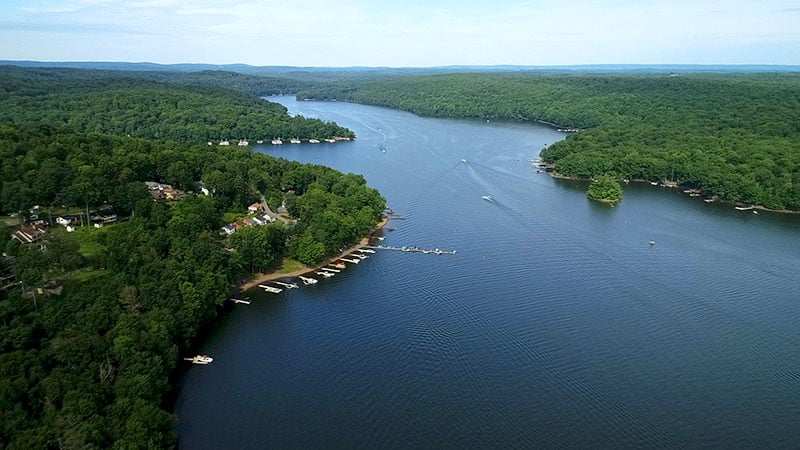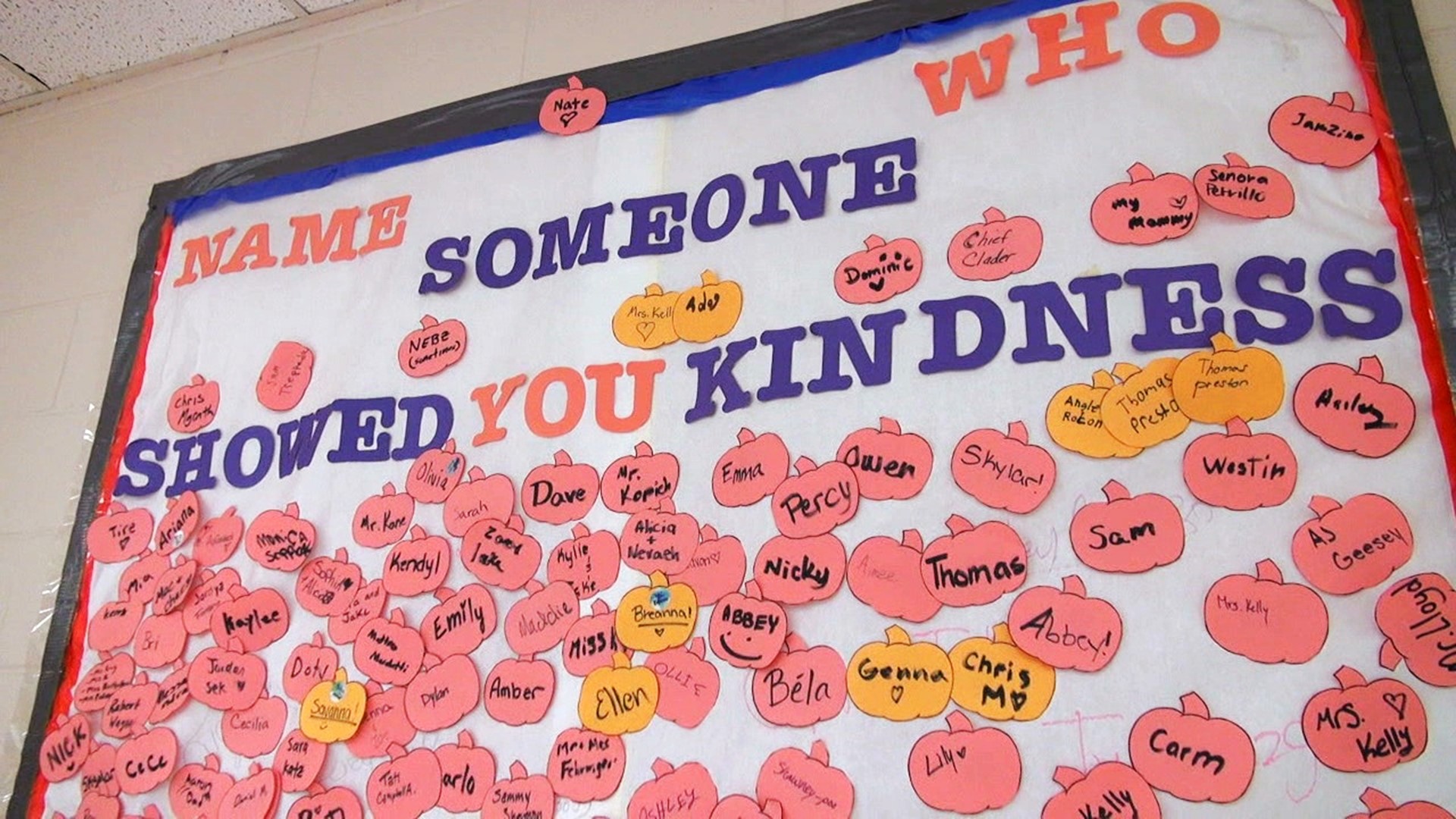By Hunter Kenthack
If you are reading this, you may be in science 9 or perhaps just know somebody in science 9 this semester. If so, you are familiar with the “lake trip.” It just concluded, and I spoke with Mr. McConnell, a science teacher who has been a part of the trip every year for the past twenty (some) years. He said that it went “really well” with “no issues at all.”
Mr. McConnell also speaks of how he enjoys the trip, and how all the science teachers are involved with it. Mr. Neenan handles the groups/scheduling. Some of the other teachers handle things such as the presenters including the Pike County Conservation District, and in previous years the National Forestry Service and the Pennsylvania Fish Commission.
Mr. Shultz, who has retired from Wallenpaupack, started this event a year or two before the district switched to block scheduling, nearly 30 years ago. There is already planning being done for the event next semester in the spring, but no dates are set in stone due to weather and especially the Keystone exams. Once the details are planned, Brookfield, owners of Lake Wallenpaupack, will be contacted.
During the trip students learn about the history of the lake including when and why it was constructed. They get to see the dam and even the sewer treatment plant. They even get to go out on the lake itself on boats supplied by Gresham’s and the Watershed Management District.
The event has gone through modifications through the years. It used to be a full three days out of school. Students also used to visit a teacher’s chicken farm as part of the event. A (now closed) power plant also used to be visited. It even used to be a part of a whole different class (biology) until science 9 was modified and made more environmentally oriented.
Despite being approximately 10% of the quarter grade, it was made mandatory by the school board – meaning a student cannot pass the class without participating in the lake trip.
In short, the trip is to teach students “how nature functions” and “see firsthand the importance of keeping it intact,” according to Mr. McConnell. This is especially important to learn especially considering everything that is going on in the world such as fires, floods, and other natural disasters. The bonus to all this is that the students actually do find it fun and interesting.





